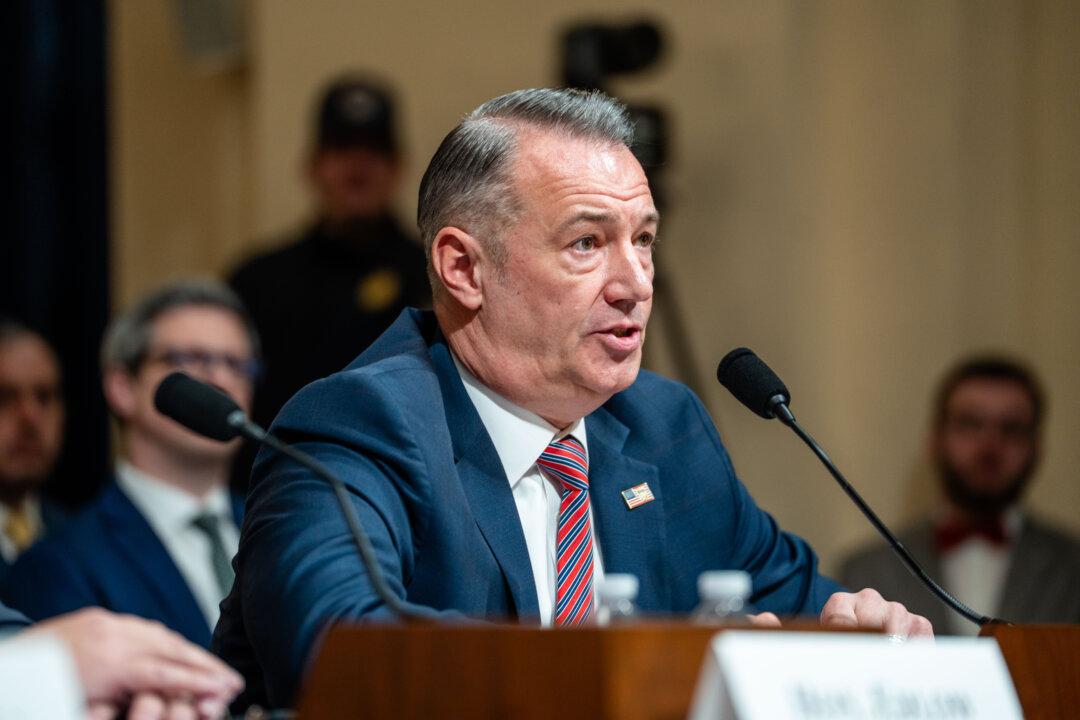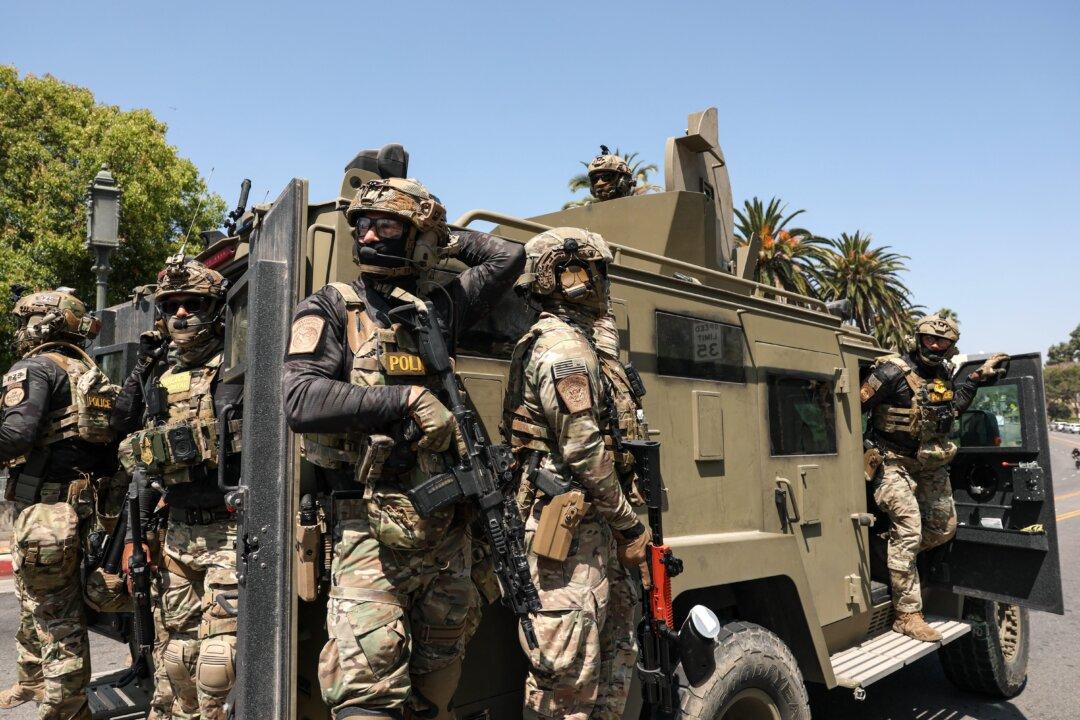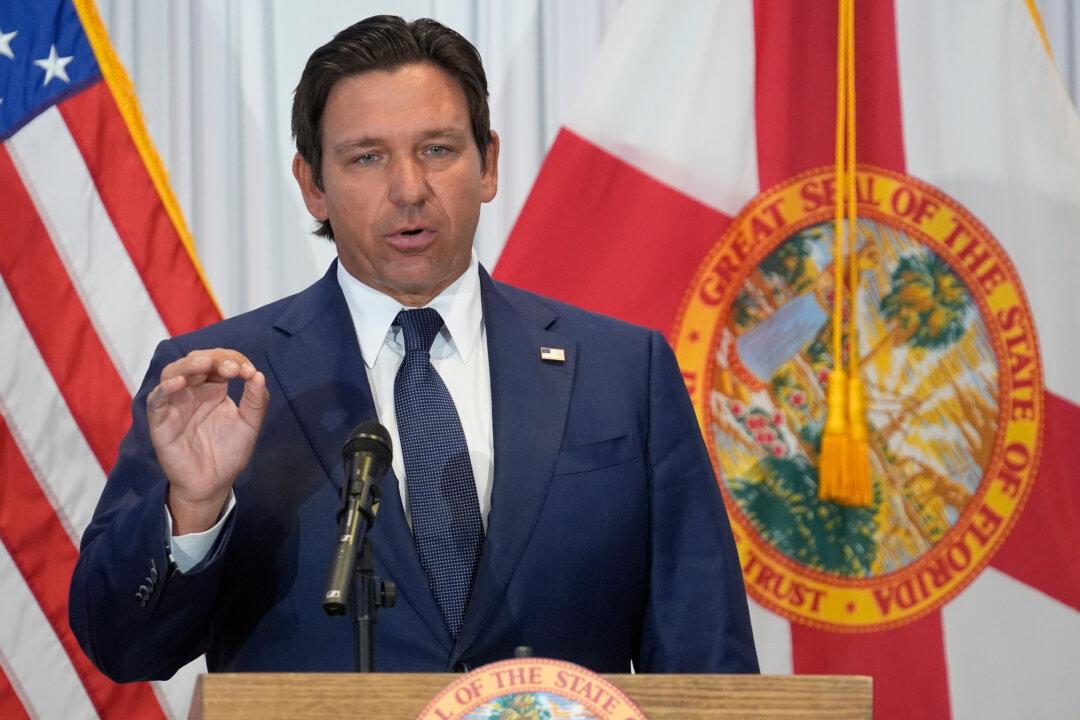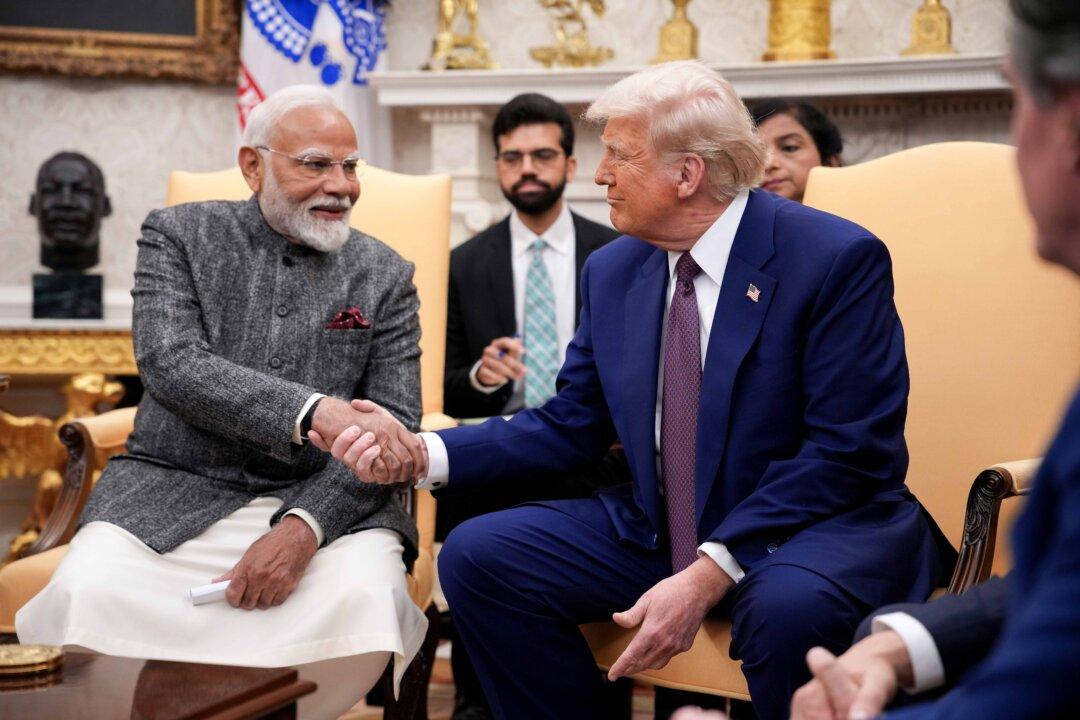The California Assembly voted on Sept. 14 in favor of supporting Gov. Gavin Newsom’s call for a national constitutional convention to add his gun control measures to the U.S. Constitution with a 28th amendment.
The body approved Senate Joint Resolution 7 in a vote of 53–17 along party lines, with 10 members abstaining, after the state Senate voted on Sept. 6 to pass the measure on a 24–11 vote, with five abstentions.





